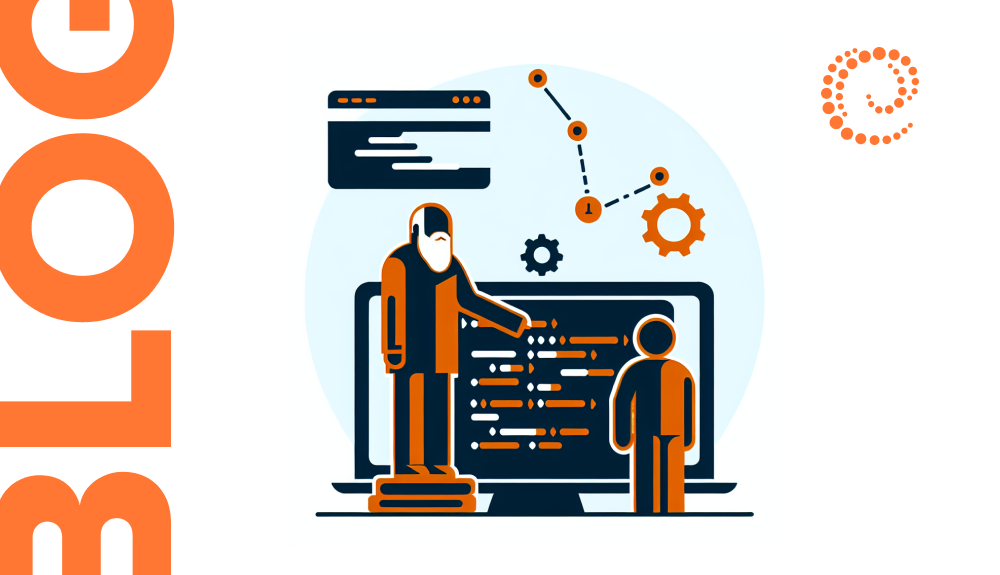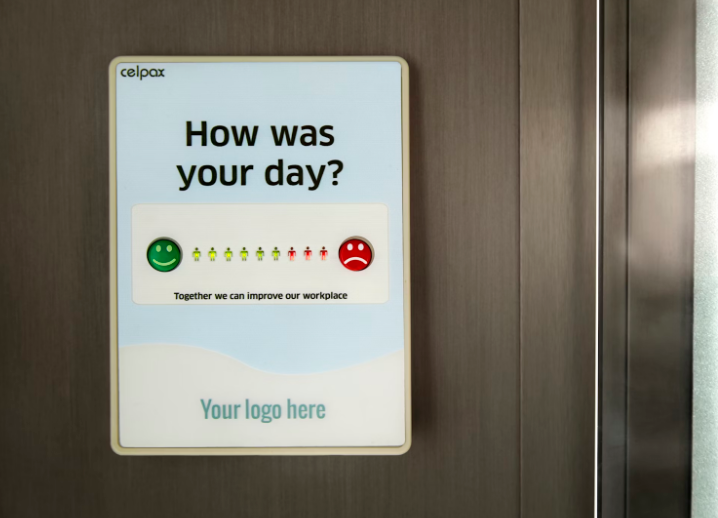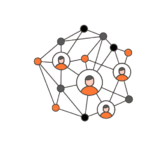
How to Create an Effective Mentorship Program for Your Software Development Team
Kristijan Pušić | June 19th, 2024
Having an effective mentorship program is the key to unlocking your team’s full potential. No more, no less. Not only does a well-structured mentorship program help grow technical skills, but it also fosters leadership, collaboration, and continuous growth. In this article, I will explain how to make an effective mentorship program tailored for your software development team.
1. Define Clear Objectives
The first step in setting up a successful mentorship program is to establish clear and measurable objectives. These objectives will guide the structure and focus of your program, ensuring that both mentors and mentees are aligned with the desired outcomes. Many of those measurable objectives have specific software that can really speed up the process. Also, objectives of mentorship need to be aligned with business goals. Lots of examples for objectives in mentorship programs can be found in software for tracking performance of developers.
Example Objectives:
- Coding standards and best practices
- Leadership and management skills
- Team collaboration and knowledge sharing
- Career progression and personal growth
- Onboarding process for new hires
By defining these objectives, you create a roadmap that helps measure the success of the mentorship program and keeps all participants on track.
2. Design the mentorship program structure
A structured mentorship program is essential for smooth execution. This includes determining the duration, frequency of meetings, and setting expectations for both mentors and mentees.
Program Structure Considerations:
- Duration: Typically, a mentorship relationship should last between 6 months to a year to allow enough time for meaningful progress.
- Meeting Frequency: Regular meetings, such as weekly or bi-weekly sessions, ensure continuous engagement.
- Goals: Set specific, measurable goals for mentees to achieve during the program.
- Documentation: Provide templates for meeting agendas and progress tracking to keep the mentorship focused and productive.
3. Matching Mentor-Mentee pairs
Effective mentor-mentee matching is critical to the success of the program. Pair mentors and mentees with JobEQ assessment results and keep in mind there are four types of mentors. Pick them based on their skills, experiences, and career goals to ensure compatibility and maximize the benefits of the mentorship process.

Matching Criteria:
- JobEQ assessment results of mentors and mentees
- Technical expertise and experience
- Career aspirations and interests
- Personal attributes and working styles
Using JobEQ surveys can facilitate this process and help in making informed pairing decisions. Spend time on this one, don’t be afraid. A very worthwhile process, that in the end, will assure a successful mentorship. Even if some pieces of a mentorship program are not perfect, a quality relationship between mentor and mentee will resolve these situations.
4. Provide Training and Resources
Equip mentors with the necessary skills and knowledge to be effective in their roles. Offer training sessions on key aspects of mentorship, including communication skills and feedback techniques. There are a lot of AI assistants that can help and suggest extra materials for the topics needed in the mentorship program. Topics repeat from time to time, and it adds extra quality in the future mentorship sessions.
Training Topics:
- Effective communication and active listening
- Goal setting and tracking progress
- Constructive feedback
- Different learning styles
This training helps mentors to better support their mentees and explain in reality a culture of continuous improvement. All parts of the training process need to be repeated to all participants each time the process is re-taken. Mentors run this process.
5. Set Expectations and Guidelines
Clearly outline the roles and responsibilities of both mentors and mentees. Establish guidelines for interactions, confidentiality, and the frequency of meetings to ensure a smooth and professional mentorship experience.
Expectations and Guidelines:
- Roles and responsibilities
- Confidentiality agreements
- Code of conduct
- Timeline and schedule for meetings
6. Measure and Evaluate the Mentorship Program
Regularly assess the effectiveness of the mentorship program by collecting feedback from participants through surveys and interviews. Track key metrics such as employee satisfaction, retention rates, and performance improvements.

Evaluation Metrics:
- Participant satisfaction.
- Skill development progress.
- Employee retention rates.
- Performance metrics.
This evaluation helps in identifying areas for improvement and measuring the program evolves to meet the changing needs of the participants and business needs of your company. For more insights and detailed guidance on creating effective mentorship programs, consider exploring resources from industry leaders like Atlassian’s Work Life blog.
Adapt and Improve Continuously
Mentorship programs should be dynamic and adaptable. Stay informed about industry trends and best practices, and continuously seek feedback to make necessary adjustments.
Adaptation Strategies:
- Stay updated with industry trends.
- Incorporate new training materials and techniques.
- Adjust mentor-mentee matching criteria based on feedback.
To Sum Up
By regularly updating the program, you ensure it remains relevant and effective. An effective mentorship program is a valuable asset for any software development team. By defining clear objectives, thoughtfully matching mentors and mentees, providing necessary training, setting structured guidelines, fostering a supportive environment, and continuously evaluating and improving the program, you can drive growth, development, and success within your team.
Related posts
- Navigating Challenges: Being a Good Technical Lead, part 5
 In previous articles, I have explained four essential skills for Technical Leads, they were leadership, mentorship, onboarding, and hiring.
In previous articles, I have explained four essential skills for Technical Leads, they were leadership, mentorship, onboarding, and hiring. - How to Efficiently Scale Your Startup’s Tech Stack for Maximum Growth
 When scaling your IT startup, choosing the right tech stack is crucial to ensure efficiency, flexibility, and long-term growth.
When scaling your IT startup, choosing the right tech stack is crucial to ensure efficiency, flexibility, and long-term growth. - 9 Key Measures to Protect Digital Assets and Ensure Data Integrity
 Digital transformation represents a significant shift in the way an IT company operates, impacting every aspect of the IT business from operations to customer engagement.
Digital transformation represents a significant shift in the way an IT company operates, impacting every aspect of the IT business from operations to customer engagement. - 8 Cloud Transformation Strategies for Large Enterprises
 Migrating legacy systems to the cloud is a critical move for large enterprises aiming to enhance flexibility, scalability, and efficiency of their software solutions.
Migrating legacy systems to the cloud is a critical move for large enterprises aiming to enhance flexibility, scalability, and efficiency of their software solutions. - 7 Ways to Become A Better Software Engineer Mentor
 Continuous learning and mentorship in IT has always been a cornerstone of a software developer’s career.
Continuous learning and mentorship in IT has always been a cornerstone of a software developer’s career. - 6 Tips for Building Effective Mentorship Relationships in Software Engineering
 Mentorship can be either formal or informal. Formal mentorship takes place within a structured mentoring program inside an IT organization.
Mentorship can be either formal or informal. Formal mentorship takes place within a structured mentoring program inside an IT organization.
Ready to Enrich Your Team?

Kristijan Pušić
IT consultant and Business developer
Our consultant is at your disposal from 9 AM to 5 PM CET working days from Monday to Friday for any additional questions.
Recent Posts
- How AI Recognizes Waste: Smart Recycling Technologies in Action
- Rapid Hypothesis Testing for Driver Retention in Delivery Service
- How Setronica Created an AI Slack Bot, Part 3: Putting Our Bot to Work
- Building a Reliable Monthly Accrual Report: Overcoming Challenges and Implementing Solutions
- From Chaos to Clarity: Transforming Promo Code Management
